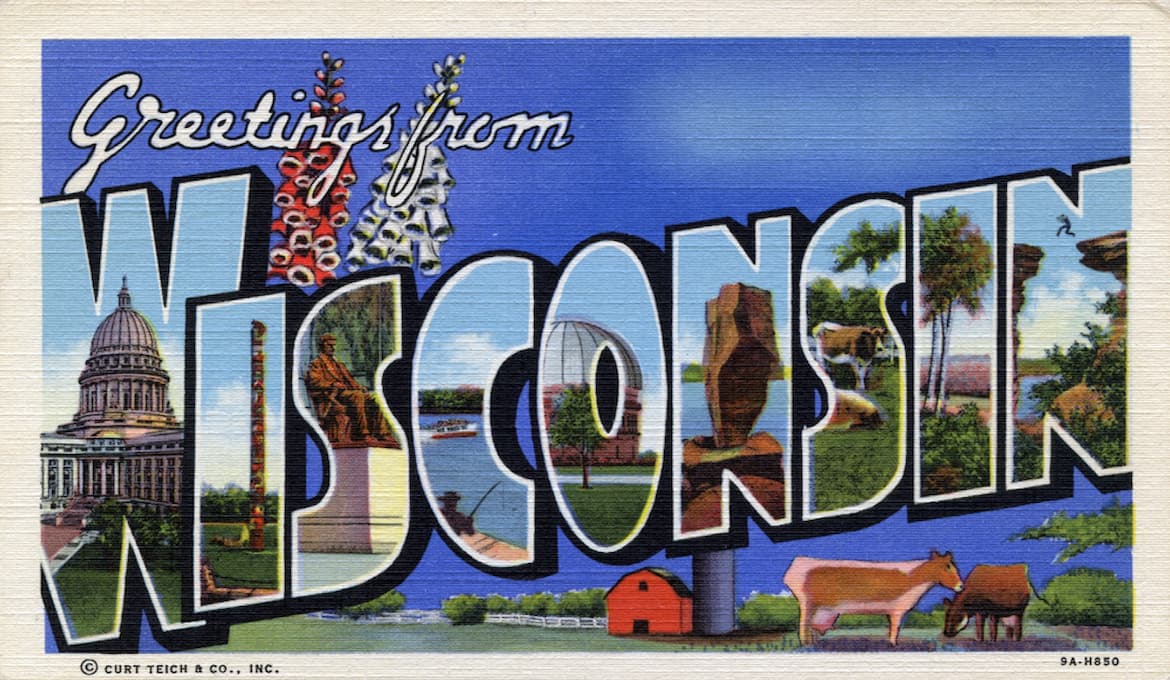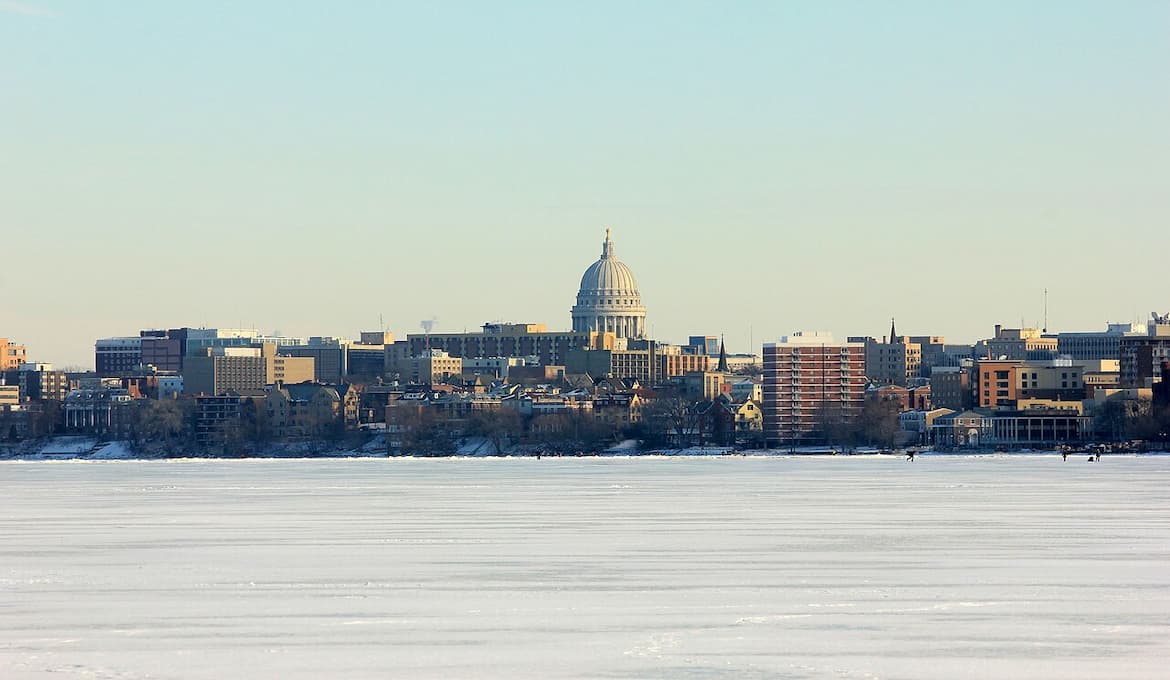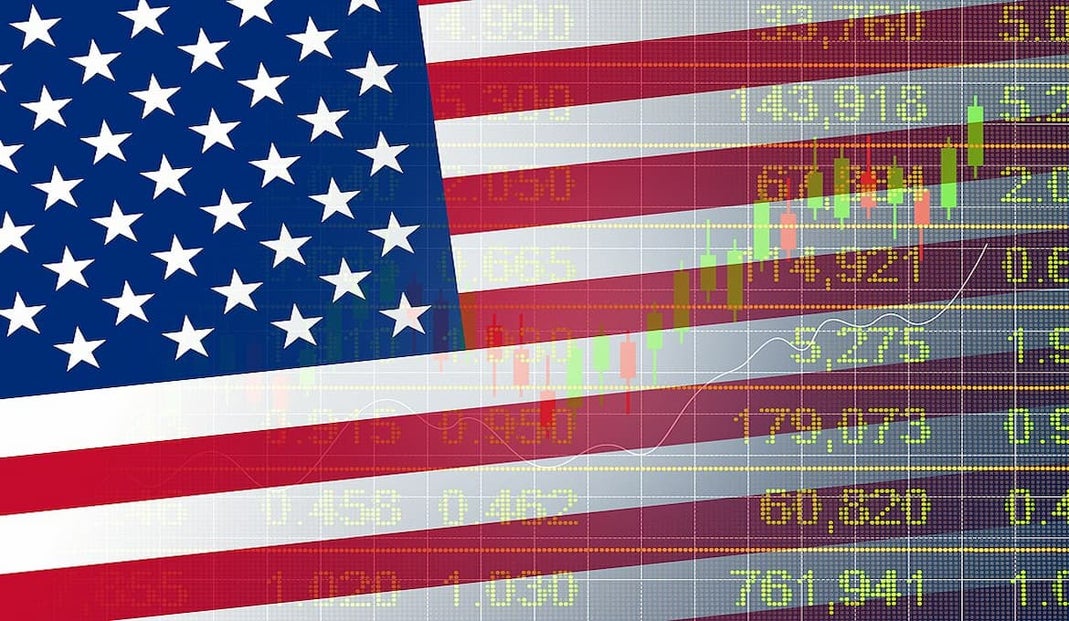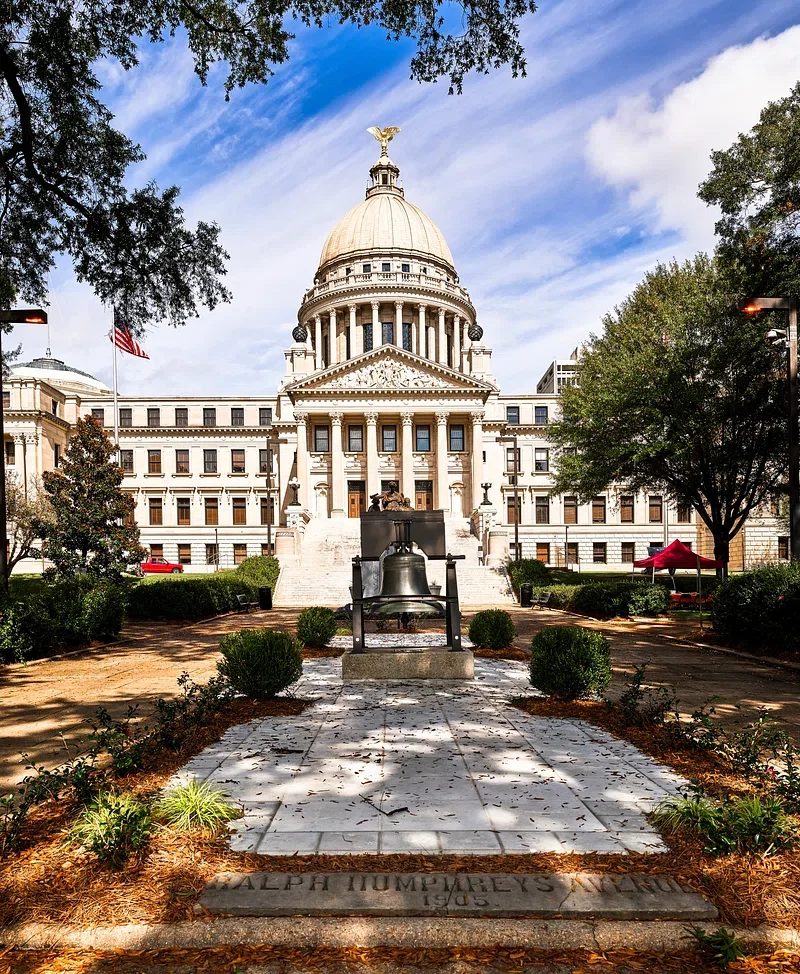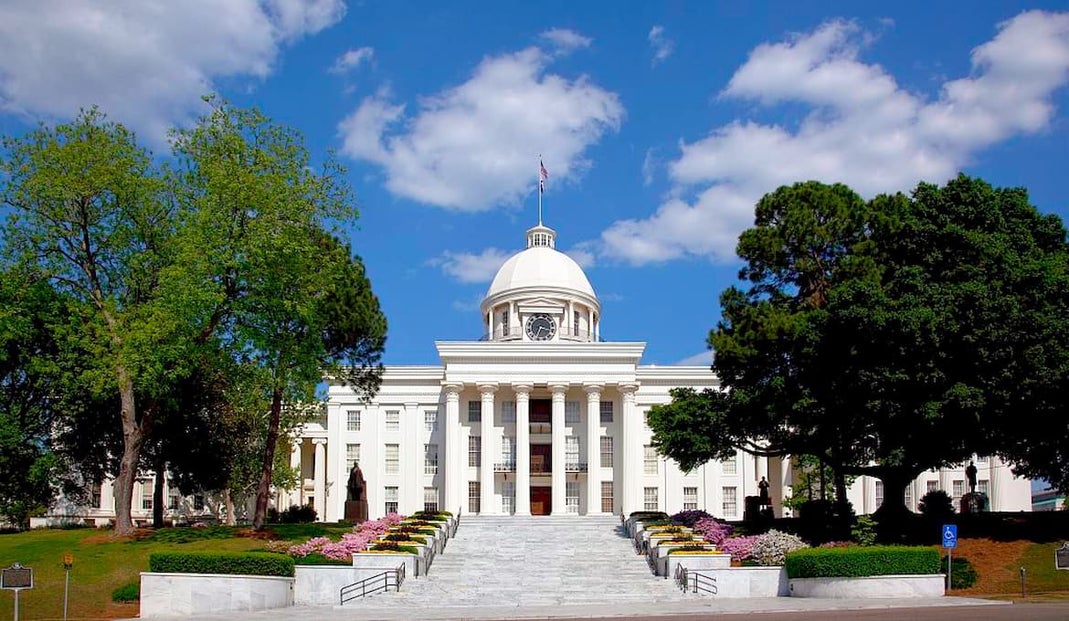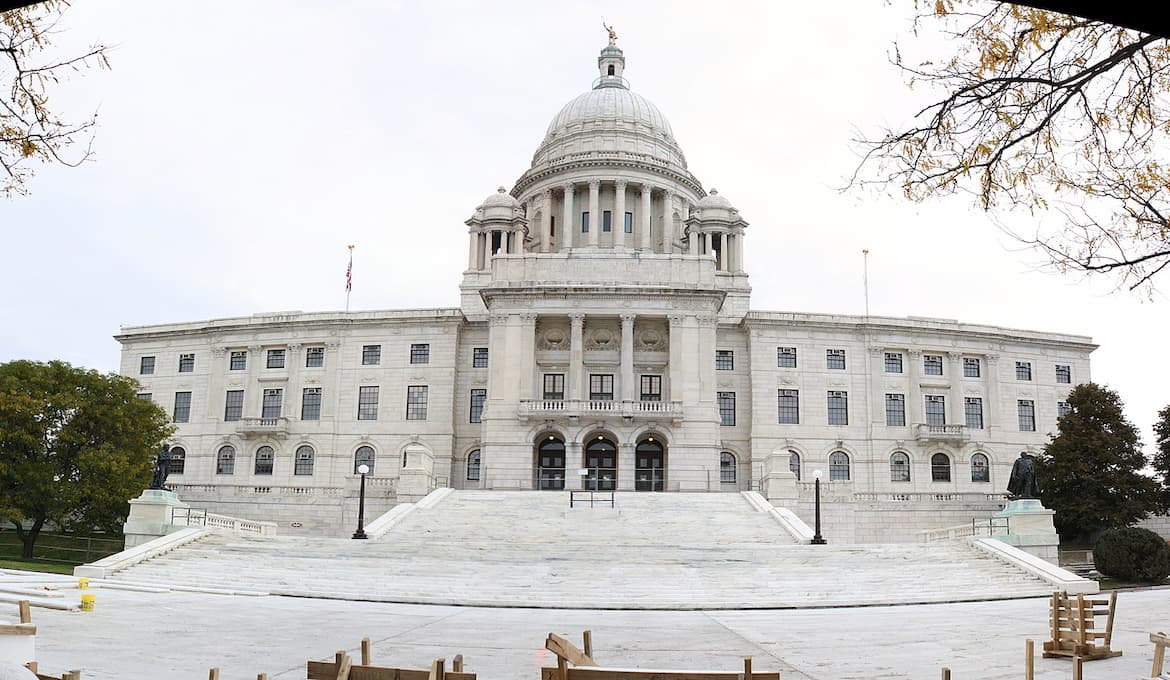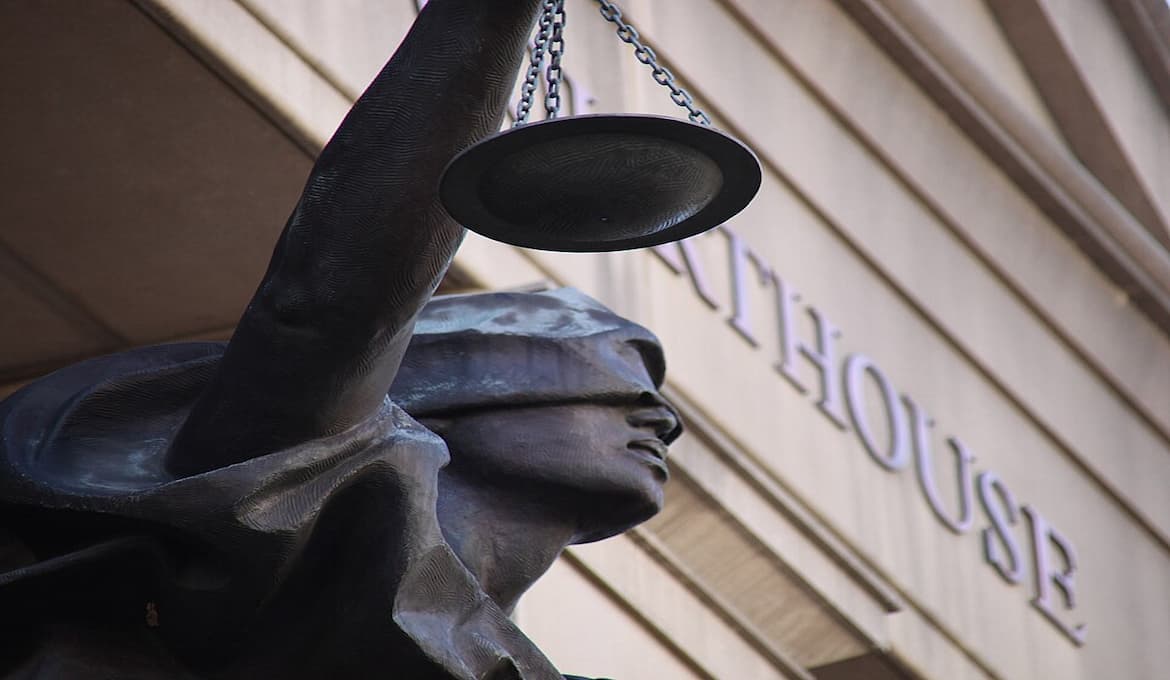Tribes Join Growing Resistance
The three California tribes join a growing list of opponents of sports prediction markets. Several state regulators have also filed lawsuits against Kalshi, which currently operates outside of their authority. While those legal challenges have failed to make an impact, it hasn’t stopped more groups from joining the fight.
There is a growing hope that the California lawsuit will help turn the tide against sports prediction markets. The state’s tribal gaming industry is massive, and they have sunk millions into bolstering their legal teams. That’s led to a lot of legal success, but most of it has come at the state level. Now, they’ll need to see if that success will translate to the national stage.
Will IGRA Arguments Sway Courts?
While many lawsuits have been filed against Kalshi and Robinhood, most have run into the same issue. Judges are finding that the Commodity Futures Trading Commission (CFTC) has sole authority over these platforms, meaning the states don’t have the right to ban or regulate them. The battle has become part of a large political battle over state rights, but the tribal lawsuit won’t focus on that.
With the new lawsuit focused on IGRA, opponents of sports prediction markets hope it will alter how judges view the debate. The deal goes beyond gambling, marking a critical step forward in healing the relationship between Native Americans and the US government. That will make their warnings about sports prediction markets land harder with the public, but time will tell if it does so with the courts.
CFTC Likely to Protect Kalshi
The Senate Agriculture Committee confirmed that it plans to vote on the White House’s nominee to take over the CFTC. That means Brian Quintez, who has ties to Kalshi, is almost guaranteed to assume control over the regulator. He’s made no secret of his support for sports prediction markets, and publicly rejected arguments that they were hurting tribal gaming revenue.
His impending approval means the CFTC won’t be ordering operators like Kalshi to exit any US markets. That leaves regulators and tribes relying on the US legal system to push these operators out.






